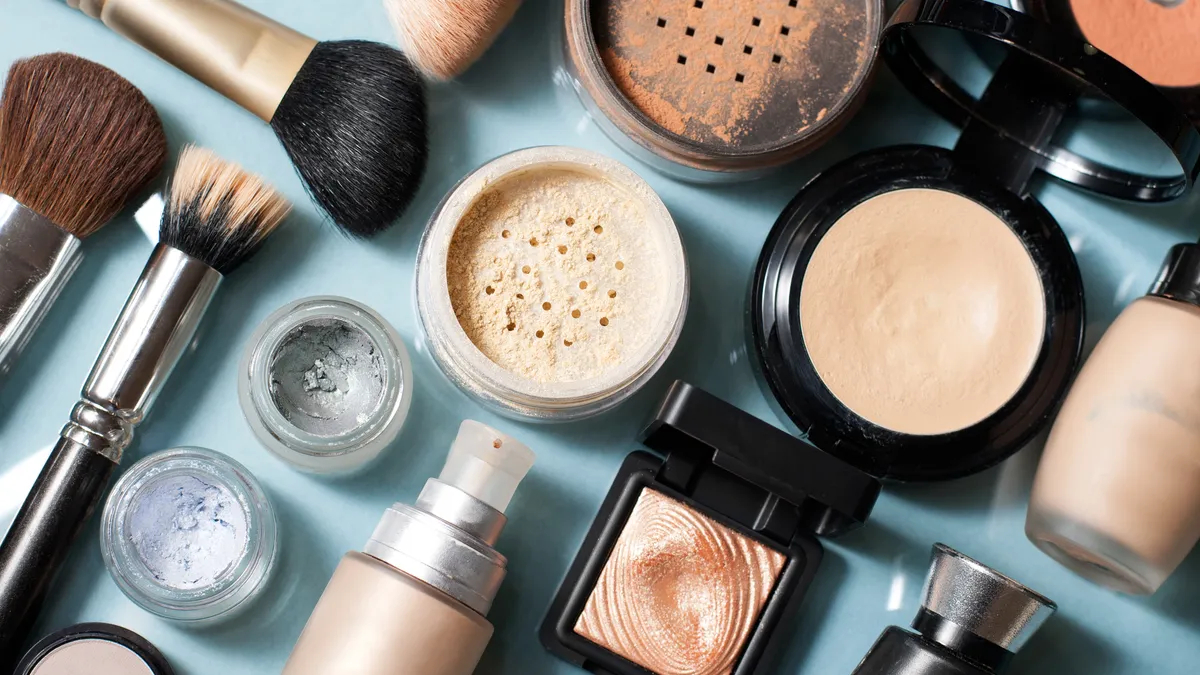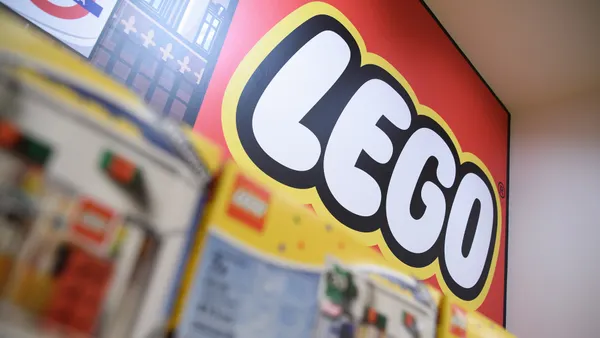Dive Brief:
- Up slightly from last year, 29% of U.S. holiday shoppers plan to purchase beauty products as gifts this year, according to a new Circana report.
- Headed into the holiday season, U.S. prestige beauty sales between January and September rose 7% year over year to $22.8 billion, while mass-market beauty sales have grown by 2% compared to 2023.
- Increases in prestige beauty spend from higher-income households with children under 18 “indicate parents are indulging Gen Alpha with these products,” according to Larissa Jensen, global beauty industry advisor at Circana. Roughly four in ten (41%) of households with kids anticipate buying beauty products, 11 percentage points higher than consumers overall.
Dive Insight:
Prestige beauty brands have continued to drive growth this year, while their mass market counterparts have maintained a slower growth pace.
“Prestige beauty epitomizes the indulgence in little luxuries and acts as an indicator of the consumer mindset for the beauty industry overall,” Jensen said in a statement. “This holiday season, its resiliency will be tested.”
Additionally, Gen Alpha is has had an increased role in the rise of the prestige market. “The social media virality of this new generation of beauty enthusiasts shows no sign of slowing and could be a pivotal holiday growth driver.”
Makeup, the largest category within prestige, grew by 5% during the first nine months of the year. Mid-range, or masstige, skin care brands are outpacing prestige brands, with skin care as the softest growing category across U.S. department and beauty specialty stores in Q3.
Prestige fragrance is the fastest growing category in 2024 thus far, with sales up 14% through September. The holiday season is important for fragrance for both prestige and mass markets, with Q4 traditionally accounting for over 40% of annual sales in both channels.
Last year overall high-end beauty brand sales jumped 14% compared to 2022, surpassing mass-market beauty brand sales growth at 6% year over year.
Online and brick-and-mortar retailers are attempting to capitalize on beauty sales for the season. To attract budget-conscious beauty consumers, Amazon recently held a two-week “holiday beauty haul” sale with discounts up to half off.
Meanwhile, Ulta and Sephora have both expanded their physical store footprints. Aiming to grow its sales between 4% and 6% in 2026, Ulta Beauty said it plans to open about 200 new locations over the next three years. Plus, Sephora is increasing its presence in Tanger Outlets and recently expanded its footprint Australia.
Alongside specialty beauty retailers, Kohl’s has also benefited from the beauty sales bump. Sephora at Kohl’s locations generated more than $1.4 billion in sales last year.
Circana’s latest forecast states that consumer spending overall will rise 2% year over year this holiday season, with Black Friday hitting a four-year high in expectation of deals.













